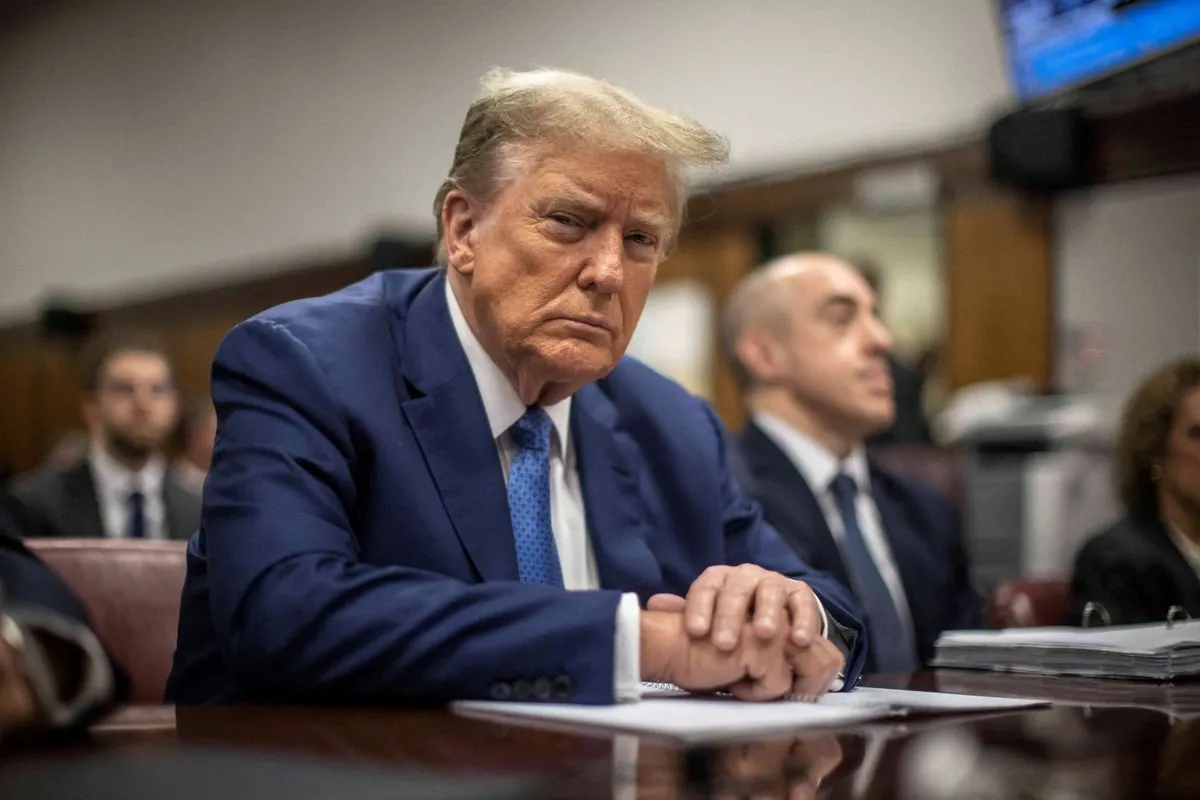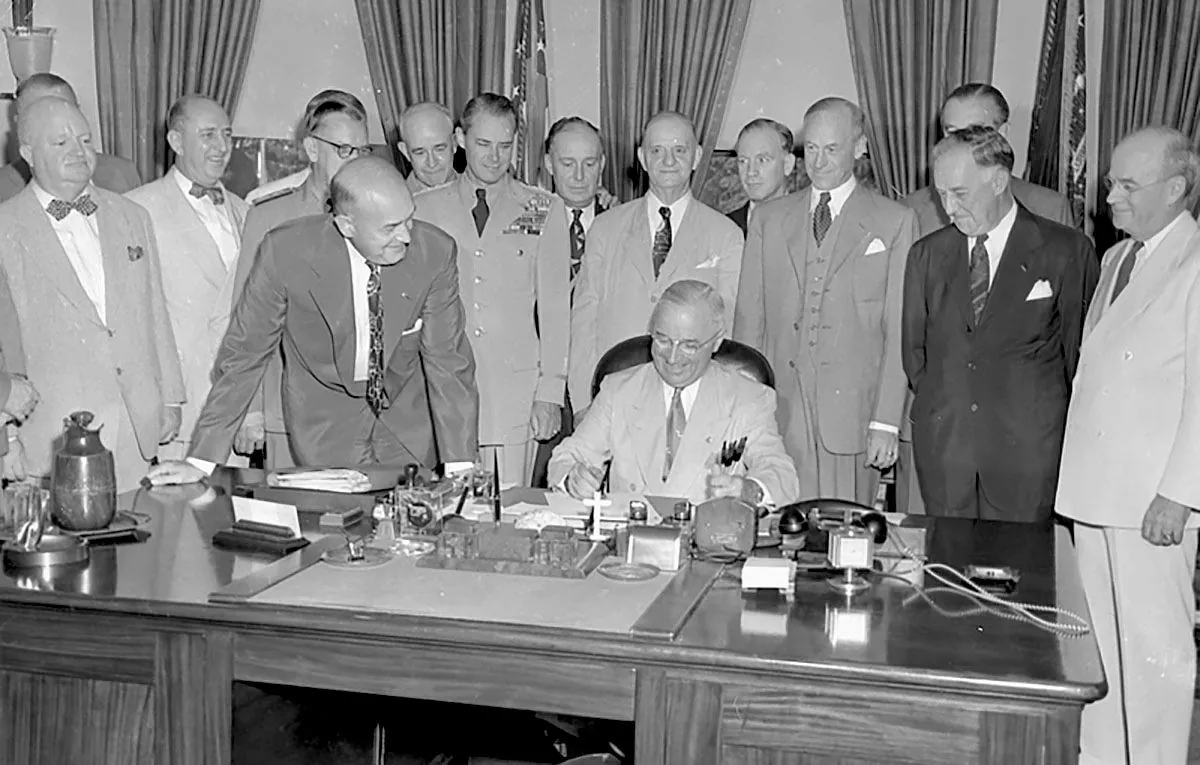Party Platforms: Unreliable Predictors of U.S. Foreign Policy
Analysis reveals why U.S. party platforms offer limited insight into future foreign policy decisions. Presidential autonomy, unforeseen events, and inner circle influence outweigh pre-election promises.

In the lead-up to the November 2024 U.S. presidential election, both major political parties have released their platforms, outlining their proposed policies and priorities. However, these documents may not be as revealing as one might hope, particularly when it comes to predicting future foreign policy decisions.
The Republican platform, heavily influenced by Donald Trump, has been described as vague and incoherent, resembling his characteristic communication style more than a comprehensive policy statement. In contrast, the Democratic platform is lengthy and detailed, but arguably overpromises on what can realistically be achieved.
While these platforms serve a purpose in rallying support and presenting a party's aspirations, they often fall short in predicting actual governance. This is especially true in the realm of foreign policy, where presidents have considerable autonomy. The U.S. Constitution grants the executive branch significant authority in international affairs, allowing presidents to make decisions that may deviate from campaign promises.
"Events, my dear boy, events."
This quote attributed to former British Prime Minister Harold MacMillan underscores a crucial point: unforeseen global events often shape foreign policy more than pre-election plans. Recent history provides numerous examples, from the September 11, 2001 attacks that redefined George W. Bush's presidency to the COVID-19 pandemic that challenged Donald Trump's administration.
Key foreign policy decisions are typically made by a small inner circle of advisors, rather than by platform committees or party figures. The National Security Council, for instance, plays a crucial role in shaping these decisions. This was evident during Barack Obama's presidency, where despite appointing Hillary Clinton as Secretary of State, he relied heavily on White House aides for major foreign policy initiatives.

Moreover, the realities of governance often lead to shifts in policy positions. Bill Clinton's 1992 campaign criticism of China's human rights record, for example, was tempered once he took office and faced the complexities of U.S.-China relations. Similarly, Joe Biden's administration maintained many of Trump's economic restrictions despite campaign promises to the contrary.
Party platforms also tend to downplay political obstacles and overestimate what can be achieved. In practice, presidents must navigate entrenched bureaucracies, particularly in the Department of Defense, as well as pushback from various interest groups and lobbies.
While party platforms offer insights into a party's aspirations and can energize supporters, they should not be viewed as reliable predictors of future foreign policy. The combination of presidential autonomy, the influence of a small circle of advisors, and the impact of unforeseen global events means that post-election policies often diverge significantly from pre-election promises.
As the 2024 election approaches, voters would be wise to consider these factors when evaluating party platforms, particularly in the realm of foreign policy. The next president, regardless of party affiliation, will likely face unexpected challenges that shape their foreign policy decisions far more than any campaign document.


































